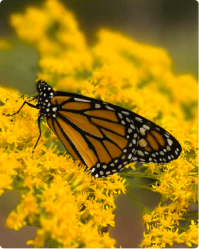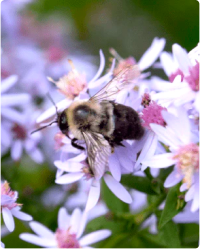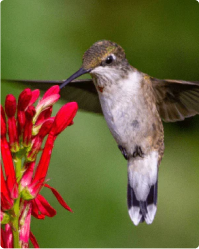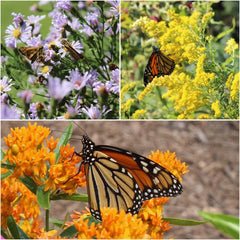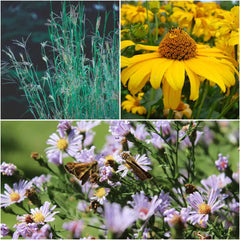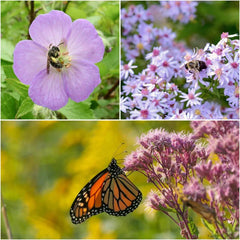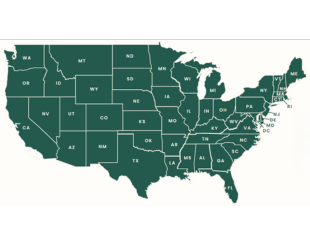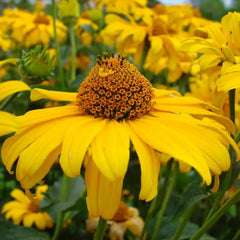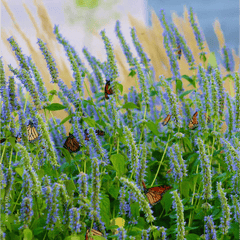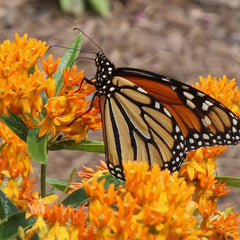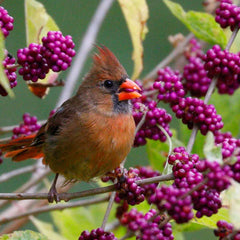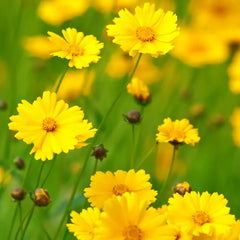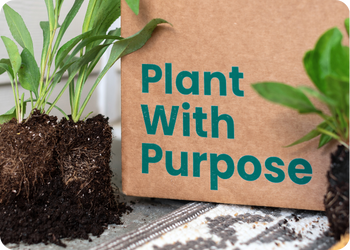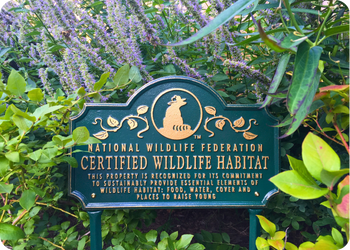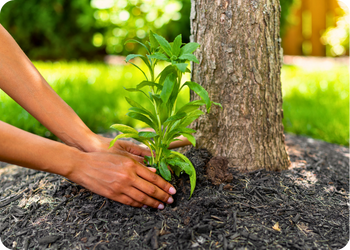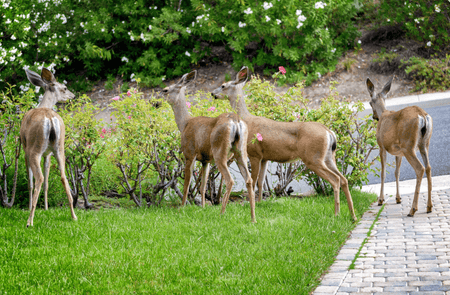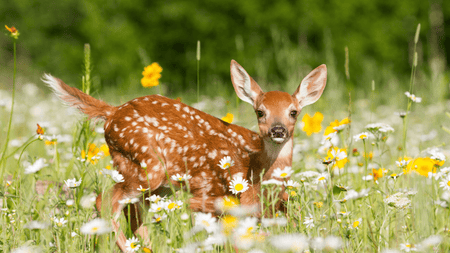Winter Garden Tips for Native Plants


LEAVE IT BE
If your perennial plants are healthy, allow them to die back naturally. Don’t think you have to remove all the foliage before winter. Not only are you allowing all of the remaining energy left in the plant to feed the roots, but you are also providing valuable habitat for many of our native pollinators. They will use these plants to overwinter, perhaps having already laid their larvae within the stems. Grasses and other hollow-stemmed perennials are especially valuable.
Once the snow melts and spring begins, you can easily distinguish what is living and what is not and trim accordingly.
MULCH UP
A smart practice to provide additional organic matter and additional insulation for certain plants is to cover up bare soil. If you’re leaving fallen leaves or ready to reuse your leaves, you can add a 2-3-inch layer of mulched leaves, straw or compost over your garden. Many species of native bees overwinter in the ground, and cultivating or using mulch interferes with this process. This is especially important in areas that will not receive sufficient snow cover, which helps insulate plants.
EXTRA PROTECTION FOR CONTAINER PLANTS
Assuming you’ve got a container that’s suited for winter, your perennial native plants in containers will survive winter! Similarly, you can add a layer of insulation with mulched leaves or straw. If you’re able to provide cover for your potted plants by moving them to an area protected from the elements like the garage, that can help. Just be sure to continue to check moisture levels. In spring, gradually remove any unnecessary cover to allow them to adjust (and wildlife to emerge).
SEED SOWING

What’s more, by growing plants from seed obtained from a known source, “you can make sure the seed is appropriate for your region and that your source is using sustainable practices,” says Mary Phillips, Head of the Garden for Wildlife™ program. The former is important because some commercial suppliers sell “native” seeds that originate in a different region—or even another country—with genes that may not be ideally suited to your area.
Once you obtain seeds, here are some tips to get them growing from the National Wildlife Federation.
WINTERIZE GARDEN FEATURES
Small water features, like bird baths and fountains that can freeze should be emptied and protected to keep water from settling in them. You can get cover to protect them outside, or move them indoors. If you’re able to keep providing water safely, the birds will thank you! Don’t forget to winterize any irrigation or hose systems to prevent damage.
FIND MORE WAYS TO GARDEN FOR WILDLIFE
Winter is also a great time to assess what might be missing from your garden. Do you have useless lawn you can replace with native plants? Can you add a water feature for wildlife? Are you offering wildlife sustenance throughout the year?
Evergreens are obvious choices for brightening up the winter landscape because they keep foliage all year-round. But plenty of deciduous plants or native shrubs also offer color, texture, and structure during the colder months. Look for trees and shrubs that add winter interest with their bark, fruit, or even blooms.
Plants that offer berries or seeds are ideal for birds. Dense trees and shrubs can also provide shelter from the elements for our feathered friends.
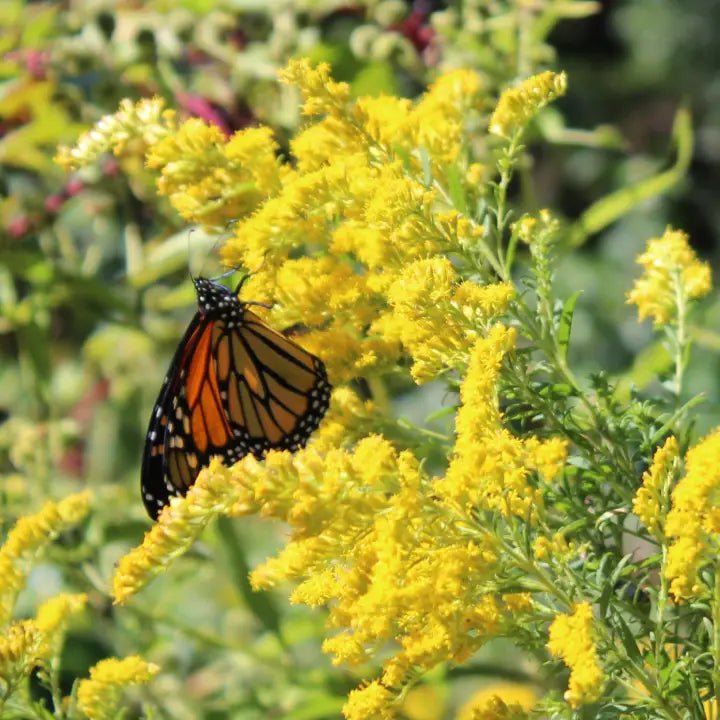
Find Native Plants by Zip Code
We took the guesswork out of planting native. Check your zip to see what ships!
